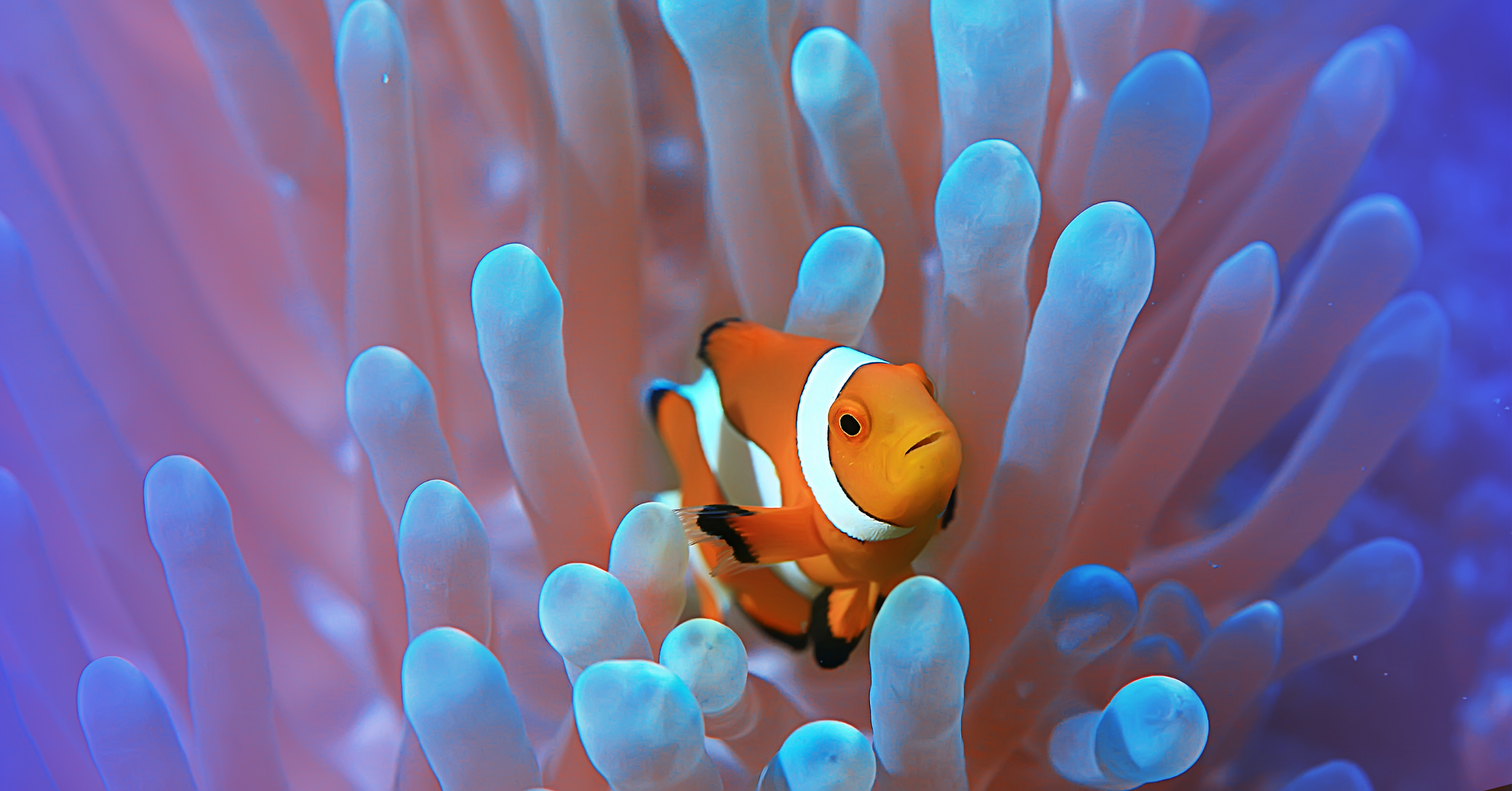
“Do they? Don’t they?” Regardless of the answers, all nonhuman animals have intrinsic value as our fellow sentient, earthly beings.
We are constantly learning that nonhuman animals are more similar to humans than the vast majority of us previously assumed, believed, hypothesized, or accepted.
These findings are certainly fascinating – and we hope they will help erode the speciesist bedrock that allows for human subjugation of nonhumans – but we don’t believe that they are or should be necessary for the rejection of all forms of nonhuman exploitation.
“Nonhuman animals’ precise relationship to human consciousness doesn’t make them less important.”
Two German philosophers recently wrote a paper arguing that humans should stop inquiring about animal consciousness by making direct comparisons to humans – i.e., by asking the “do they/don’t they?” question.
Why?
Because, despite the human tendency to make everything about us, consciousness is not unique to or superior in humans. Rather, humans and nonhumans are all on a spectrum.
The human conception of species hierarchy is not only self-serving in its motivation and violent in its practice. It’s also indisputably wrong.
The “do they/don’t they?” question doesn’t just lead us astray morally. It also walks us into the all-too-common territory of misleading and bad science – of conjecture packaged as fact, and bias (mis)framed as objectivity. Lest there be any doubt: “[n]eurologists can’t agree on what part of the brain consciousness is generated in – yet we try to measure it in nonhuman animals.”
Researchers’ motivations for keeping the “do they/don’t they?” question alive are undoubtedly self-serving, but they may be far more sinister than the typical professional and financial boons. To be sure, and as Professor Patricia MacCormack posits: “A lot of people seem to want to measure [animal consciousness] to alleviate their guilt, by ‘othering’ the animals we harm from those we find appealing or similar to ourselves . . . We may find this not about curiosity, but a desire to vindicate our history of dominion over the Earth.”
We at Rise don’t believe in “othering”.
As an animal rights organization, we believe that all sentient beings should be protected regardless of how similar or different they are to humans.
We agree with Professor MacCormack and renowned writer, feminist, and animal rights proponent Carol J. Adams that moral judgments predicated on similarity to humans embody the “‘arrogant eye’ of anthropocentrism – the distortion of our understanding of the world into models suited for humans” – and should be wholly rejected.
And, we vehemently oppose the dominant human position that “Earth’s other organisms should measure up as close to humans as possible in order to be granted the right to exist.”